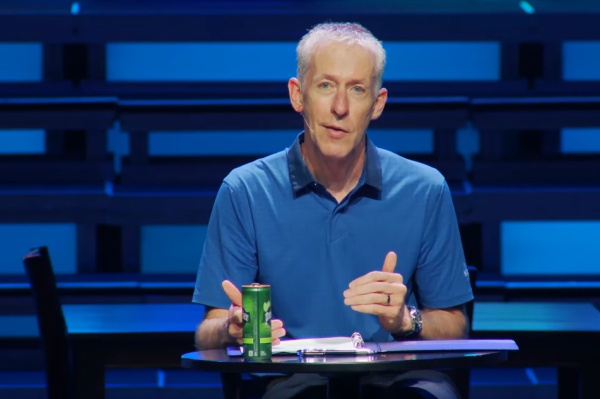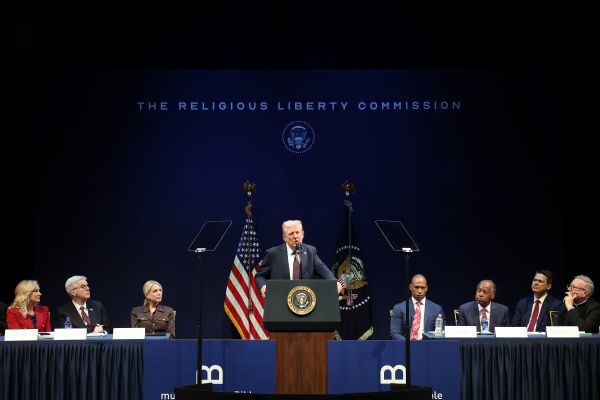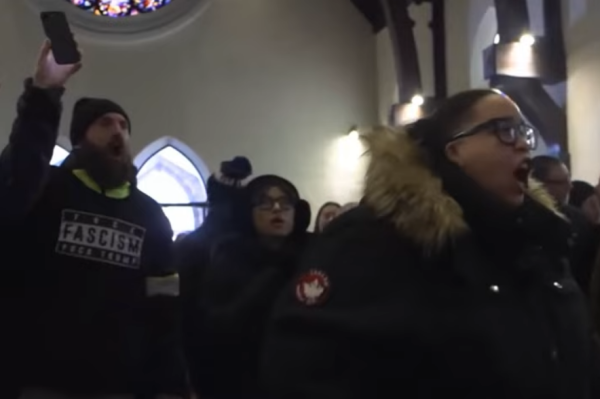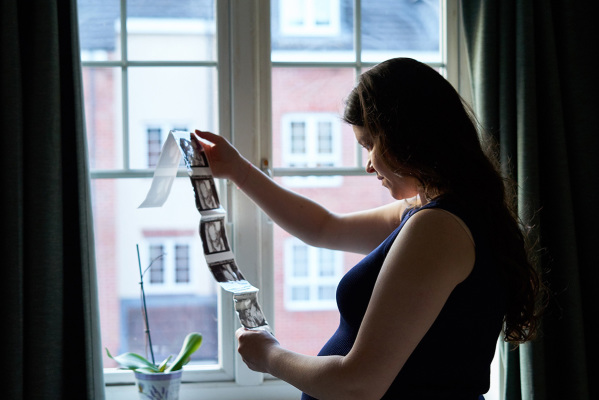Harvard pressuring Jewish group to remove menorah at night: rabbi
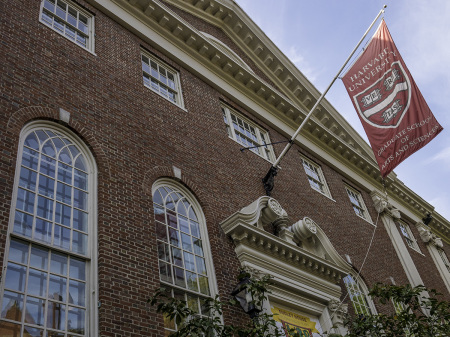
Amid rising on-campus antisemitism since Hamas’ Oct. 7 attacks on Israel, Harvard University has reportedly instructed a Jewish student group to remove their menorah each night following its lighting, citing concerns over potential vandalism and its negative impact on the university’s image.
Rabbi Hirschy Zarchi, leader of Harvard Chabad, revealed this directive during a Hanukkah lighting event near Widener Library, the New York Post said. Zarchi, who founded Harvard Chabad, added that the university has requested the menorah’s nightly removal since the inaugural campus Hanukkah lighting.
“On our campus in the shadow of Widener Library, we in the Jewish community are instructed, ‘We’ll let you have the menorah, you made your point, OK. Pack it up, don’t leave it out overnight because there will be criminal activity we fear and it won’t look good’,” Rabbi Hirschy Zarchi said at a Hanukkah lighting Wednesday night, according to the NY Post.
After Hamas’ Oct. 7 attacks against Israel killed 1,200 people, including 31 Americans, multiple college campuses have faced criticism for their responses to antisemitism from students and faculty.
Shortly after Hamas’ attacks, the Harvard Palestine Solidarity Groups released a letter co-signed by more than 30 student groups that blamed Israel for the violence. It received backlash from former students and faculty, including Sen. Ted Cruz of Texas, a Harvard law school alumnus, and former Harvard President Larry Summers.
After Harvard University released a statement on Oct. 9, expressing that the institution was “heartbroken” by the “death and destruction” unleashed by Hamas against Israeli civilians, Summers criticized the school for its “delayed” statement. The former Harvard president stated in an Oct. 10 social media post that the statement “fails to meet the needs of the moment.”
Harvard University’s President Claudine Gay released a statement on Oct. 10 condemning the terrorist attacks carried out by Hamas. She clarified that the views of students or student groups do not speak for the university as a whole.
Zarchi also criticized Gay for her response to antisemitic incidents and her handling of the situation, underlining that true change at Harvard would occur when Jewish students no longer need to conceal their identity or the menorah.
“We in the Jewish community are longing for the day when we can refer to the president — and all of Harvard — as ours too,” Zarchi was quoted as saying. “That Harvard indeed not only has our back, not only allows us to put up a menorah but doesn’t force us to hide it at night and when they witness hateful calls to the death of Jews, you don’t walk by and say nothing, you speak. You don’t remain silent.”
In a related development, a flyer in New York claimed that New York University administrators denied students their annual Hanukkah lighting on the Kimmel Center steps, according to the Post. The flyer, which promoted an alternative menorah lighting in Washington Square Park, declared “Antisemitism has no place at NYU.”
However, NYU spokesman John Beckman clarified that the Kimmel Center stairs were closed to all events, not specifically the menorah lighting. He said the Bronfman Center, NYU’s center for Jewish life, happily relocated their event to a different location within the Kimmel Center.
The national attention on antisemitism in universities was drawn following the reluctance of three professors, including Harvard’s Claudine Gay, to explicitly confirm if advocating for the genocide of Jews breaches their institutions’ ethical standards, Newsmax noted.
This came to the forefront during a public hearing by the House Education and Workforce Committee, focused on addressing antisemitism at Harvard, University of Pennsylvania and Massachusetts Institute of Technology. This hearing was part of a broader investigation, led by Republicans, that commenced earlier this month.
The investigation is focused on the learning environments and disciplinary procedures at each university. The inquiry might involve requests for documents and, if needed, subpoenas.










